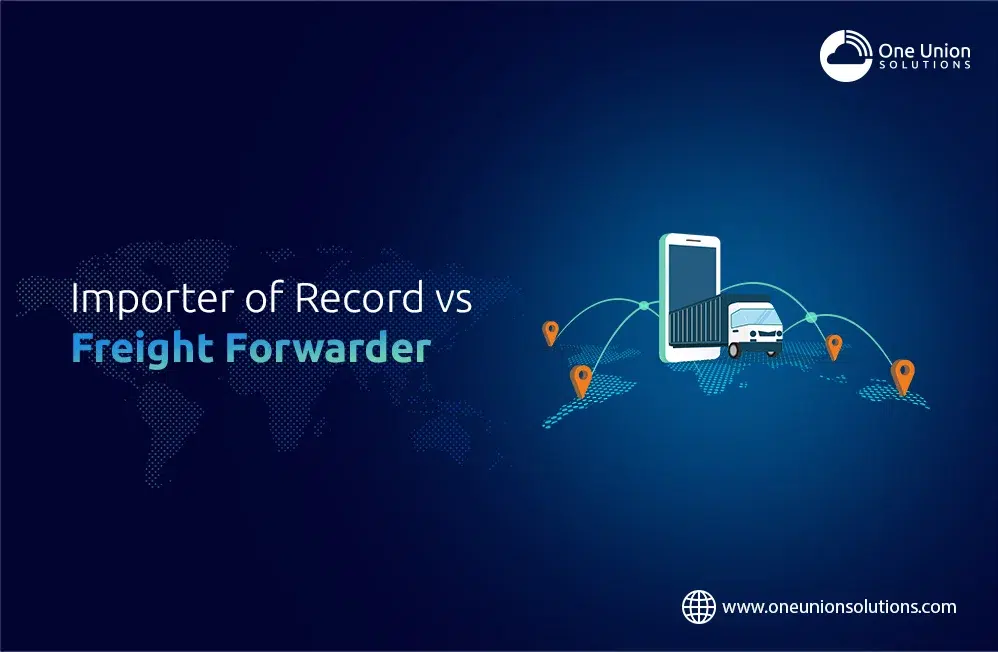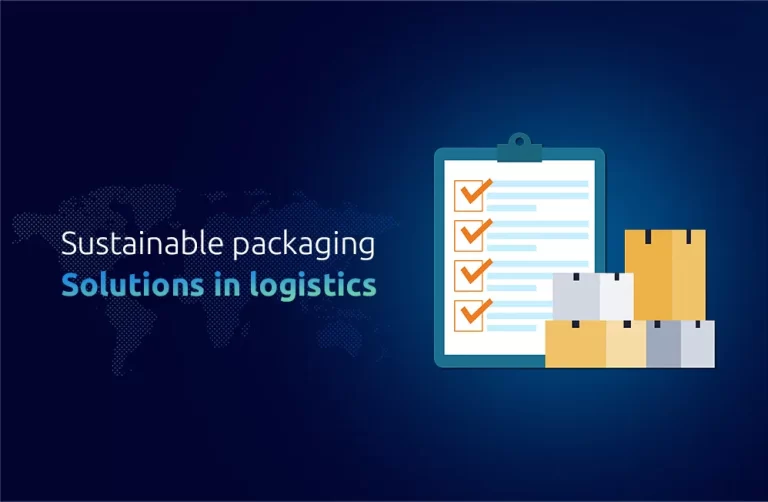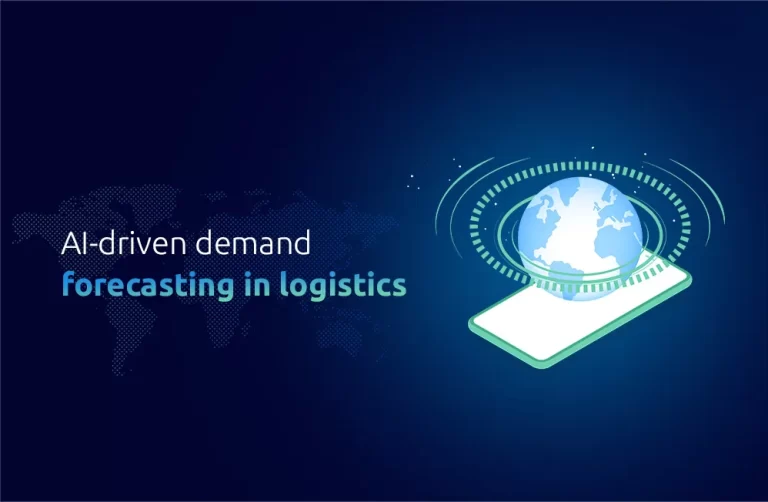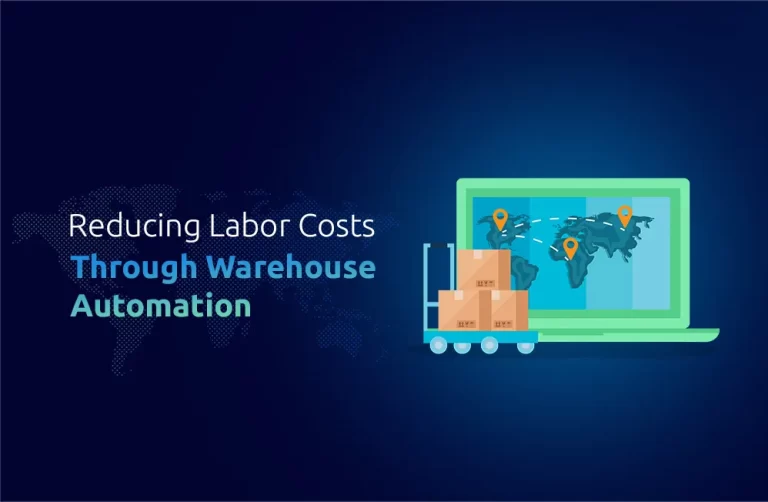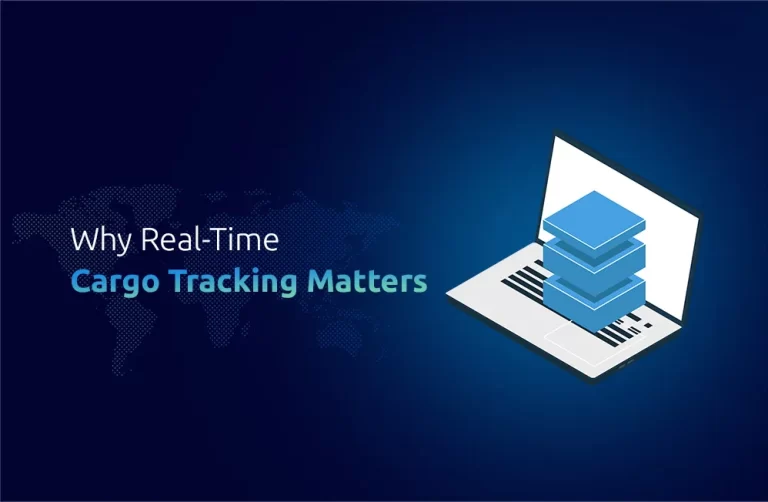In multinational trade, the Importer of Record (IOR) and the Freight Forwarder are necessary players in guaranteeing a seamless procedure. Although both have indispensable roles in importation, it is crucial to comprehend their distinctions to make informed industry judgments.
The Importer of Record (IOR) is the individual or organization that assumes lawful and economic accountability for guaranteeing customs prerequisites are fulfilled when importing commodities. This incorporates providing accurate data, paying duties and surcharges, and complying with statutes.
On the other side, A Freight Forwarder is a corporation or individual that oversees the logistics of transporting equipment from one place to another. They act as mediators between shippers and transportation providers, coordinating the activity of items by air, ocean, or ground. Their duties incorporate booking cargo areas, readying shipping papers, arranging customs clearance, and tracking cargoes. Freight Forwarders emphasize physically shifting items rather than lawful and financial facets.
Key discrepancies between Importer of Record (IOR) and Freight Forwarder
The Importer of Record (IOR) and the Freight Forwarder both play roles in the importation procedure, but they have different discrepancies.
1. Legal and Financial Liability: The Importer of Record is lawfully and financially accountable for the imported items, guaranteeing compliance with customs laws, accurate documentation, and payment of duties and tariffs. The Freight Forwarder, on the other side, is not accountable for the commodities but rather facilitates transportation and coordinates with diverse parties involved.
2. Expertise and Focus: The Importer of Record specializes in customs compliance and statutes, whereas Freight Forwarders focus on logistics and carriers. The Importer of Record has a comprehensive understanding of import provisions, tax categories, valuation methodologies, and additional lawful facets. Meanwhile, Freight Forwarders excel at harmonizing the movement of items, negotiating rates with transportation, and ensuring convenient delivery.
3. Accountability: The Importer of Record is accountable for providing accurate data to customs administrations and providing all needed papers are submitted accurately. Freight Forwarders, on the other hand, arrange transport and coordinate with additional parties in the logistics chain.
Deliberations when appointing an Importer of Record or Freight Forwarder
When determining between an Importer of Record and a Freight Forwarder, it is essential to evaluate diverse characteristics. Here are some key facts to remember:
Legal and Compliance Requirements: If your business imports commodities globally, it is necessary to comply with customs statutes. To avoid lawful difficulties and liabilities, working with a professional Importer of Record who comprehends customs provisions is vital.
Logistics and Transportation Needs: If you require assistance with the transportation of items, consider employing a Freight Forwarder. They will deal with tasks like booking shipment space, negotiating rates, and coordinating with transportation for punctual delivery.
Cost Considerations: When importing items, it is vital to evaluate the expenditures involved, such as customs obligations, surcharges, transportation expenses, and service expenses.
Which alternative is best for your industry?
Choosing between an Importer of Record or a Freight Forwarder relies on your exceptional business prerequisites and preferences. Take into account the nature of your enterprise, the nations implicated in importing or exporting, and the difficulty of customs laws.
If your industry requires expertise in customs compliance, an Importer of Record can deal with the lawful and financial characteristics of importation to guarantee all necessities are met. If you are focused on effectively moving items and coordinating with transportation providers, a Freight Forwarder can assist. They manage the whole transportation procedure, comprising booking shipment space and arranging customs clearance.
Eventually, Working with a corporation like One Union Solutions Corporation, which offers both Freight Forwarding and Importer of Record (IOR) services, can be beneficial.
Conclusion
In summary, Comprehending the difference between an Importer of Record and a Freight Forwarder is essential for knowledgeable decision-making during the importation procedure. The Importer of Record assumes lawful and economic accountability for the commodities, while the Freight Forwarder focuses on physical transport and logistics coordination.
Partnering with a corporation like One Union Solutions Company, offering Importer of Record and Freight Forwarding services, can facilitate your multinational trade procedures. Consider your alternatives carefully to select the best solution for your industry prerequisites.
FAQs
Is it essential to deem expenditure when appointing IOR and freight forwarder?
When selecting between them, it’s crucial to evaluate your specific provisions, compliance necessities, and cost deliberations for your industry. To make an informed judgment, consider the pricing structures of Importers of Record or Freight Forwarders and take into account any extra expenses or hidden costs.
How does One Union Solutions aid in simplifying procedures?
We provide import and export solutions, logistics management, customs compliance, and supply chain optimization. This cooperation allows for a streamlined strategy for multinational trade procedures.
Which corporations do you provide services to?
We provide these cost-effective services to medical, automotive, aviation, and tech companies. It helps them to boost their business operations while concentrating on other business works.

